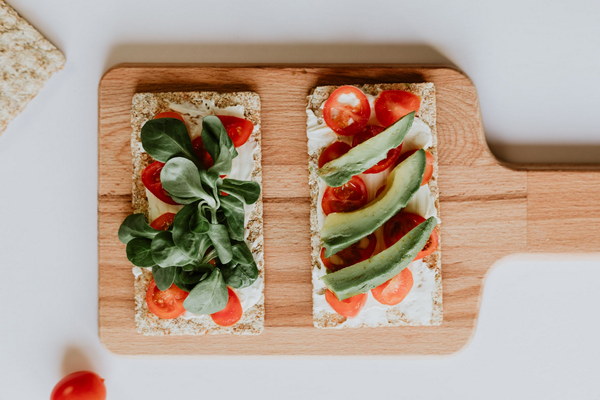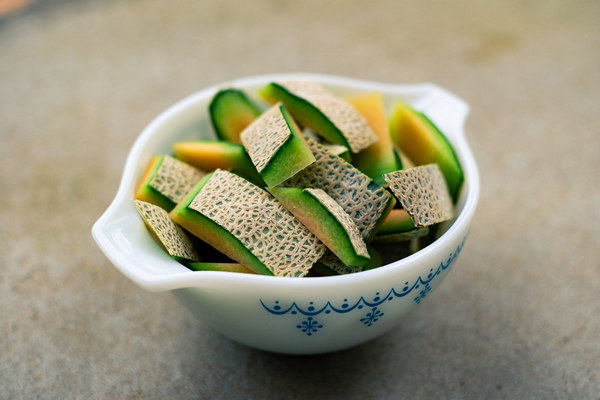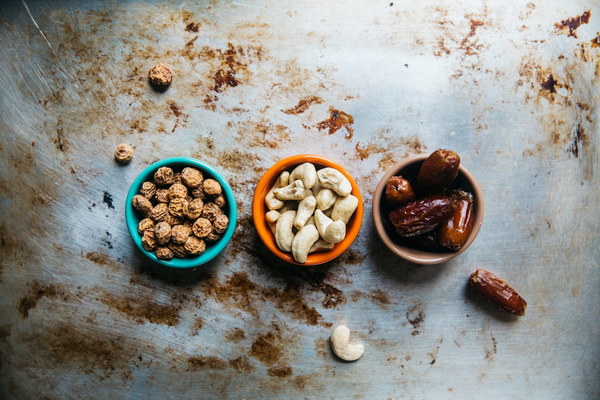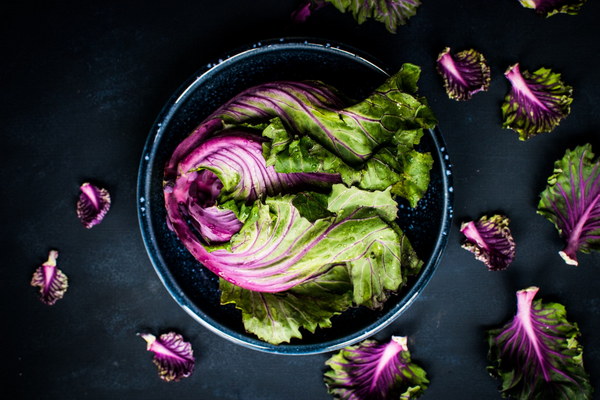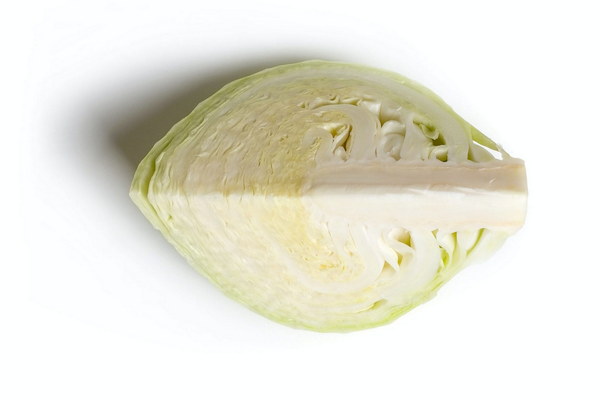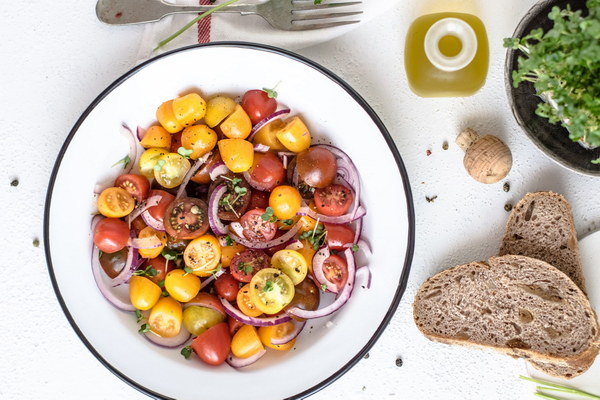Discover the Power of Grain-based Nourishment A Comprehensive Guide to Nutritious Grain-Based Recipes
In the quest for a balanced and healthy diet, the importance of grain-based nourishment cannot be overstated. Grains are not just a staple in our daily meals; they are also packed with essential nutrients that support our overall well-being. This article aims to provide you with a comprehensive guide to exploring the world of grain-based nourishment, offering valuable insights on how to incorporate various grains into your diet for optimal health.
Understanding the Benefits of Grains
Grains are an excellent source of carbohydrates, which serve as the body's primary energy source. They also contain important nutrients such as fiber, vitamins, and minerals. The most common grains include wheat, rice, oats, barley, corn, and quinoa. Each grain has its unique characteristics and health benefits, making them a versatile addition to your diet.
Types of Grains and Their Nutritional Profile
1. Wheat: A staple grain in many diets, wheat is rich in fiber, protein, and B vitamins. It's also a good source of iron and magnesium. Whole wheat bread, pasta, and other wheat-based products are great choices for those looking to increase their grain intake.
2. Rice: A versatile grain that comes in various forms, such as white, brown, and wild rice. Brown rice is particularly nutritious, containing more fiber, vitamins, and minerals than its white counterpart. Rice is an excellent source of energy and can be easily incorporated into a variety of dishes.
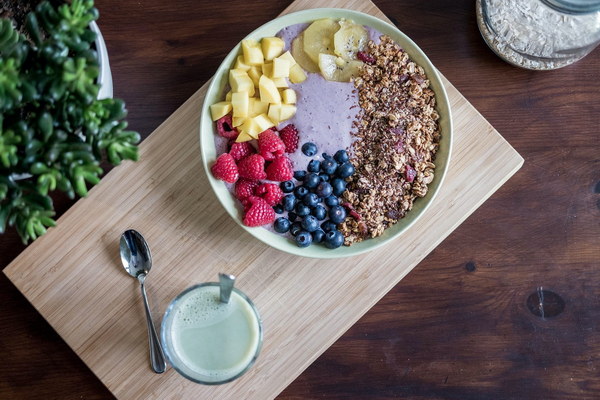
3. Oats: Known for their high fiber content, oats are a great option for heart health. They also contain beta-glucans, a type of fiber that helps lower cholesterol levels. Oats can be enjoyed as porridge, in granola, or as a base for salads.
4. Barley: A nutritious grain that offers a variety of health benefits, including aiding in digestion, reducing the risk of heart disease, and lowering cholesterol levels. Barley can be used in soups, stews, or as a side dish.
5. Corn: A staple crop in many cultures, corn is an excellent source of fiber, vitamins, and minerals. It can be consumed in various forms, such as popcorn, cornbread, or as an ingredient in salads and soups.
6. Quinoa: Often referred to as a superfood, quinoa is a gluten-free grain that is rich in protein, fiber, vitamins, and minerals. It can be used in place of rice or pasta and is perfect for salads, soups, or as a side dish.
Incorporating Grains into Your Diet
To make the most of grain-based nourishment, it's important to include a variety of grains in your diet. Here are some tips on how to do so:
1. Diversify Your Grain Intake: Aim to consume a variety of grains throughout the week. This will help you get a wide range of nutrients and prevent boredom with your meals.
2. Choose Whole Grains: Whenever possible, opt for whole grains over their refined counterparts. Whole grains contain more fiber, vitamins, and minerals, and are generally more nutritious.
3. Experiment with Recipes: Get creative with your grain-based recipes. Try using different grains in soups, salads, stews, and side dishes to keep things interesting.
4. Embrace Ancient Grains: Explore ancient grains such as farro, spelt, and kamut. These grains offer unique flavors and health benefits that can enhance your diet.
5. Listen to Your Body: Pay attention to how your body responds to different grains. Some individuals may experience digestive discomfort with certain grains, so it's important to listen to your body and make adjustments as needed.
By embracing the power of grain-based nourishment, you can enhance your overall health and well-being. With this comprehensive guide, you're well on your way to incorporating a diverse array of grains into your diet, ensuring that you receive the full range of nutrients they offer. Happy eating!
